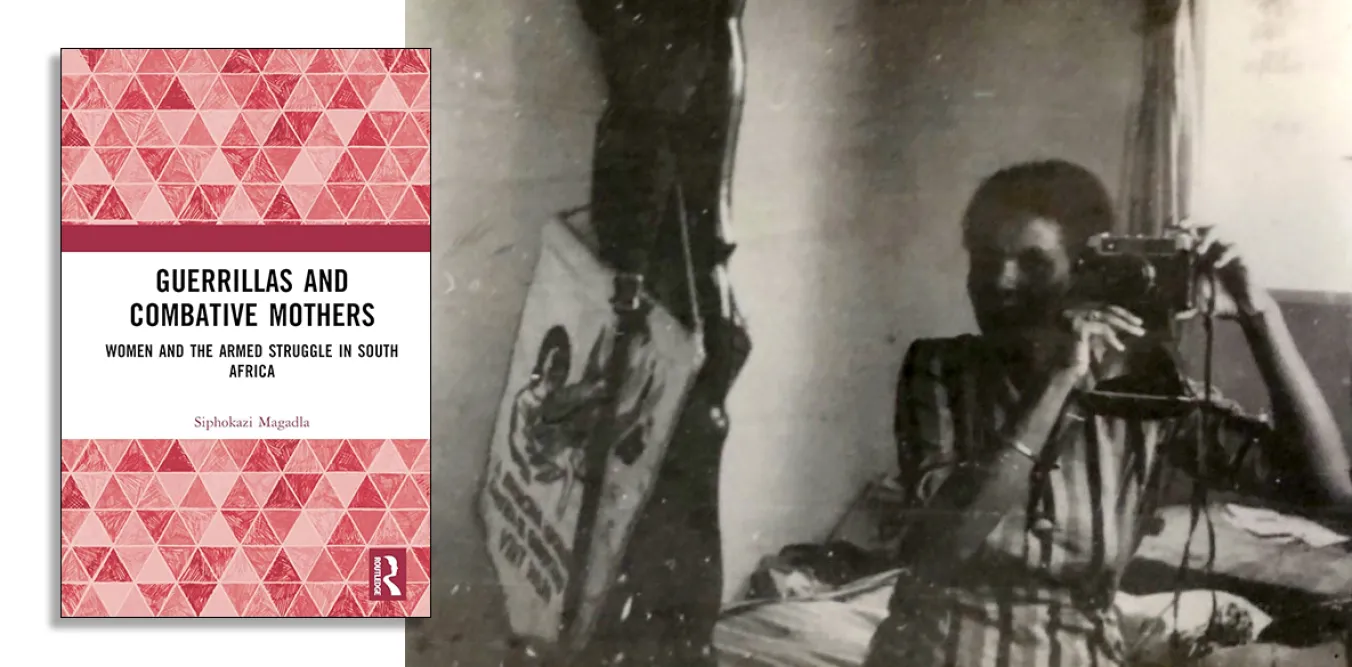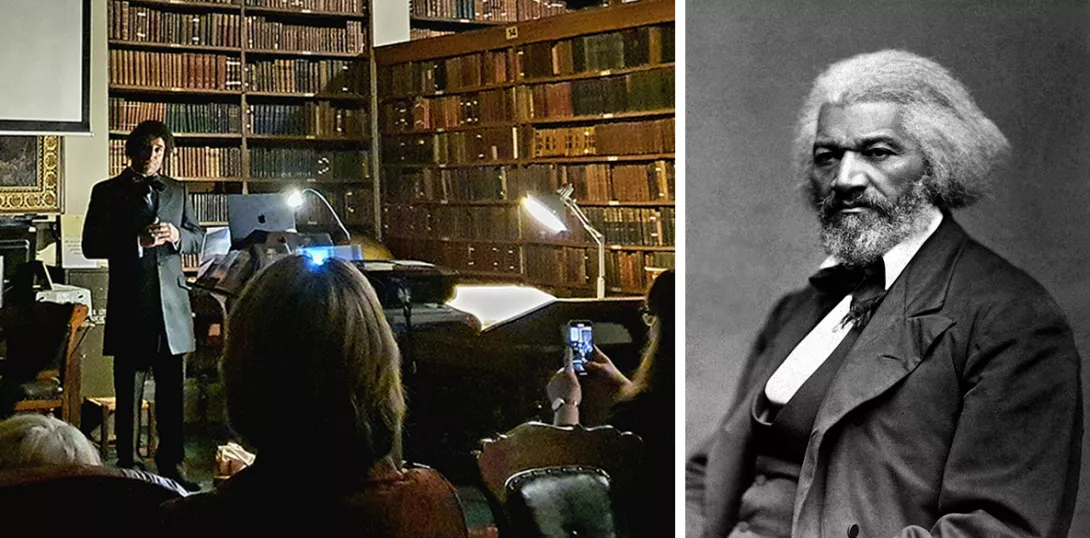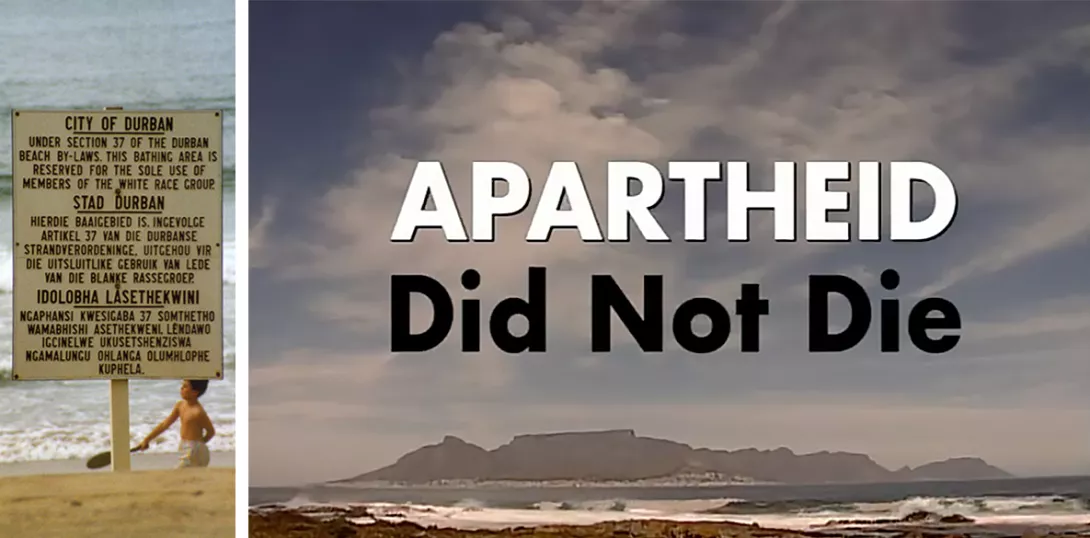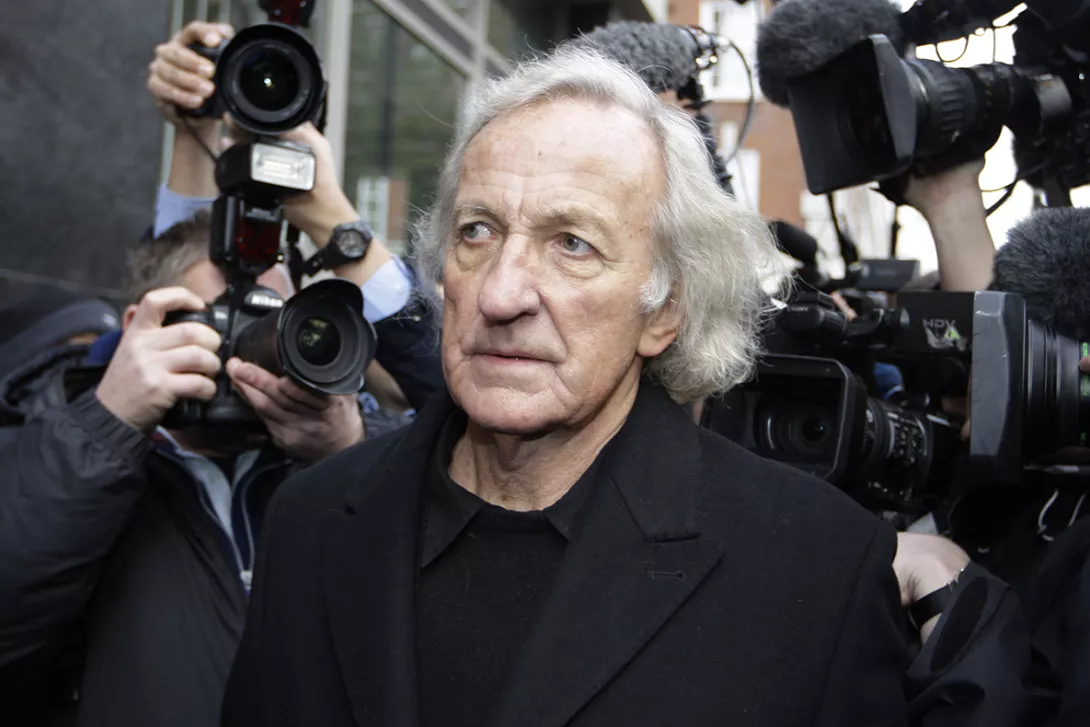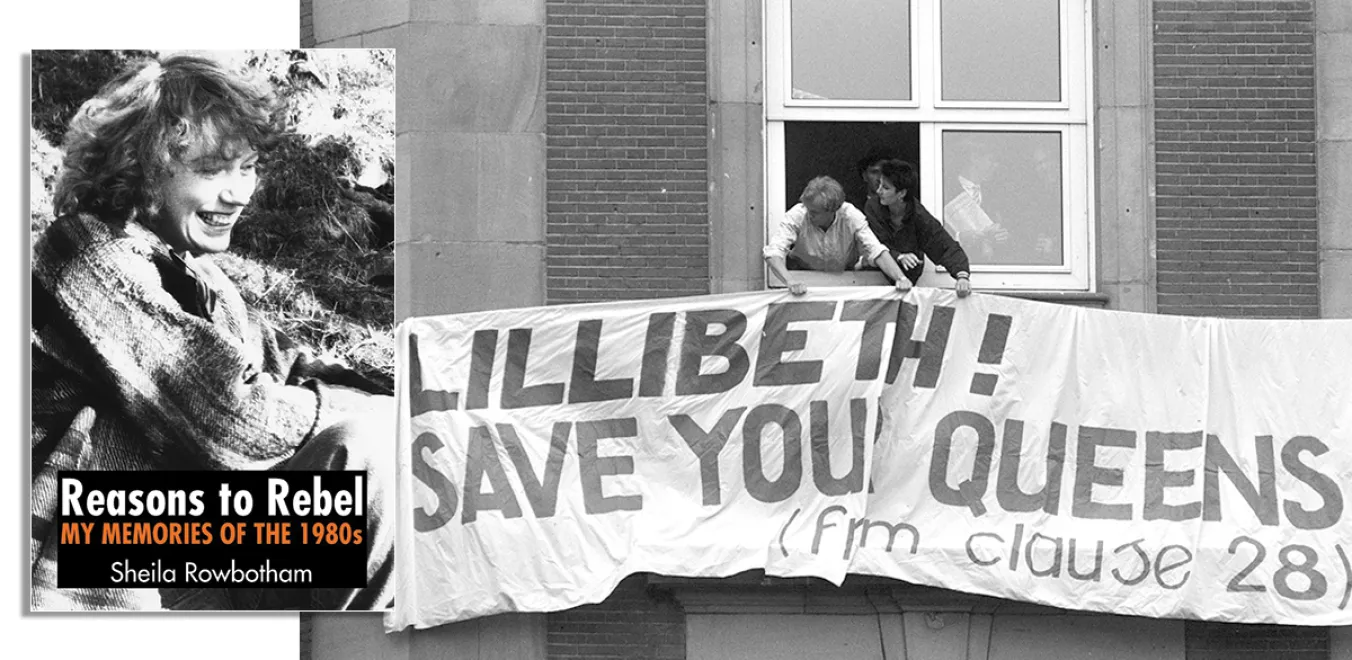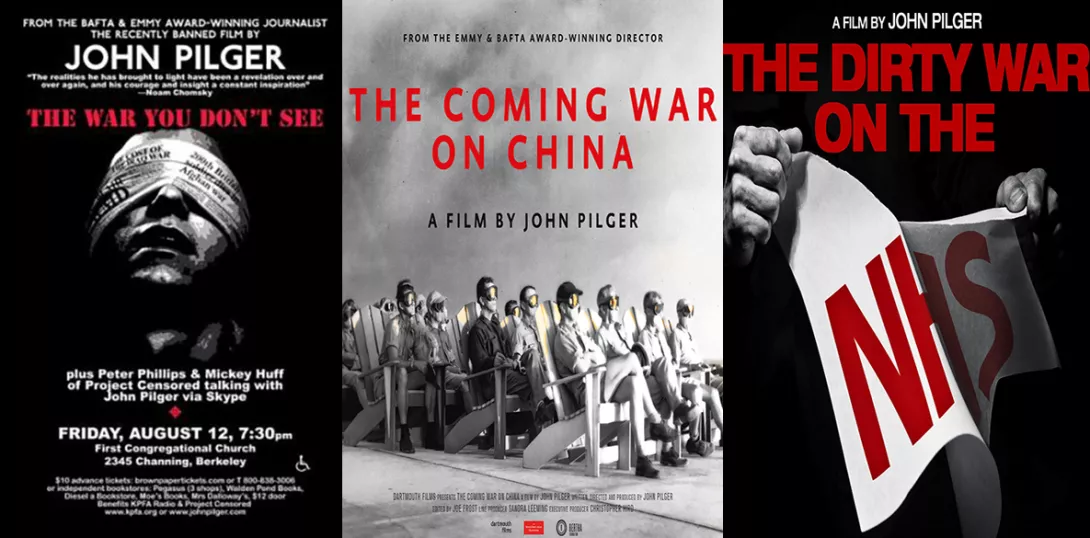
IN 2007 John Pilger, after four decades of producing reportage films for TV, created his first film for cinema, The War on Democracy, and began a series of feature films for cinema that built on his achievement as a journalist and political writer, and surpassed it.
To embrace the longer form allowed him to change his relationship to the viewing public, from one that reported information towards a radical critique of capitalism from within, focusing on the abuse of power, the elimination of human rights and the inevitable tendency towards war.
There are five great films in this late, mature burst of creativity, all of them free to watch on his website johnpilger.com, and they demonstrate the political usefulness of the documentary essay as a form, unlike journalism, that can project analysis into the future and remain relevant beyond the date of production.
Of the five, two were co-funded by TV stations and directed by others: The War On Democracy (2007) funded by Granada and co-directed by Alan Lavery; and Utopia (2013, about the brutalising of Indigenous peoples in Australia) funded by the Australian channel SBS-TV and directed by Chris Martin; but the other three were both self-funded and crowd-funded, and form a loose trilogy about “war”: The War You Don’t See (2011), The Coming War On China (2016), and his final film, The Dirty War On The NHS (2019).
For these “war” films he is in complete control, writing, directing, producing and presenting in a remarkable assertion of independence and a feat of authorship that is, perhaps, unprecedented in cinema. It is also the furthest point of development of Pilger’s politics and career as a film-maker, and they demonstrate how political cinema can be produced in the adverse conditions of the capitalist media, what form it can take, and how it can contribute to social and political change.
It is worth stepping back to analyse the form of these films.
Documentary essay, like Chris Marker’s Sans Soleil, the films of Adam Curtis, or those of Mark Cousins requires a voice: this is the presence of the person leading the thought experiment.
Pilger is clear about the origins of the voice in his work, describing his four-year training with Australian Consolidated Press as: “one of the strictest language courses I know... the aim was economy of language and accuracy... writing that was spare, precise and free of cliches, that didn’t retreat into the passive voice and used adjectives only when absolutely necessary.”
This spare and minimal use of language is the dominant tone of all his films, the key to their projection of journalistic integrity, and the explanatory structure on which, with increasing independence and clarity, he can build his own kind of dialectical cinema. Pilger deliberately plays up to the greatest strength of cinema as a medium: its capacity to juxtapose contradictory viewpoints through cutting.
The aim is to analyse power, and to allow the viewer to transcend their own powerlessness and passivity, and to achieve this the films demonstrate the conditions in which people find themselves and bring the contradictions, economic and ideological, into plain view. The aim is not to lecture, but to show, and then to offer the film as a tool in the collective education of groups that can take opposition into action.
In order to do that the audience must grasp the bigger picture, have a sense of both past and present, for the true ambition of the film to materialise: hope and means for change in the future.
In terms of the “war” trilogy the overriding theme is, broadly, a critique of capitalism in Western democracies: how it undermines healthcare by stealth in the UK; how it controls information in order to prosecute imperial and neo-colonial wars; and how it has cultivated a belligerent relationship towards China.
It is remarkable that films made before Covid speak with such urgency to us today, giving eloquent context to the currently striking junior doctors for example, as well as solidarity with those whose campaign is to stop the expansion of US bases in the Pacific, as well as those defending Julian Assange and Wikileaks.
The contrast with other exponents of this genre is striking. Marker’s masterpiece represents a fatalistic retreat from socialism into post-modern chaos; Curtis represents the atomised anxiety of the conspiracy theorist and Cousins tailors his self-reflexive essays for the connoisseur spectator.
Pilger — perhaps uniquely — has confidence in his imaginary audience as more than mere spectators, but agents of change. His voice and presence embodies the unspoken values of his life, such as the worker’s co-operative model he proposed for running a newspaper. The aim is always to achieve rational consensus rather than assert subjectivity.
There is more to say about these films: the immense archive of personal engagement as a journalist that they draw on; the increasingly provocative use of music; the unique way he allows you to experience his intentions, and the film itself, as separate entities, topping and tailing them with precis and conclusion but leaving the contradictions to speak for themselves; the introduction of unexpected documentary encounters at the moment when their political significance is most highly charged (such as scenes of “charity” healthcare in the US; scenes in which senior news editors at the BBC and ITV become entangled in their own evasive rhetoric over Iraq; scenes of solidarity with the perpetual protest of Marshall Islanders against US bases), and so on.
But the point is that he has given us these films to share and show among ourselves, and he remains a significant influence on our collective future.

